Dec 06, 2025
The main reason for inspecting a pneumatic solenoid valve is to ensure the safety, reliability, and efficiency of the system, as well as to extend the service life of the valve and the pneumatic system.
The solenoid valve is an important control component in a pneumatic system, and its proper operation ensures precise control of airflow direction, pressure, and flow within the system. Next, I will introduce the key points related to checking solenoid valves.
Normally functioning solenoid valve controls the movement of cylinders and actuators in pneumatic system. If a valve malfunctions or does not operate correctly, it can cause cylinders to stop, misoperate, or lead to system failure.
Regular inspection can help identify potential faults in time, preventing production interruptions or equipment damage.
Clogged or leaking valves can result in insufficient air pressure and reduced flow, affecting the speed and precision of actuator movement.
Inspecting and maintaining valves helps keep the airflow smooth, ensuring efficient operation of the automation system.
Electrical or mechanical faults may cause abnormal equipment operation and even pose a risk of personal injury.
Regular inspection can prevent short circuits, air leaks, or valve sticking, reducing safety hazards.
Cleaning and maintaining valves, seals, and coils can reduce wear and corrosion, extending the service life of the valves.
Proper maintenance also reduces repair costs and system downtime.
Many factories and automation systems have regulations for regular maintenance and inspections.
Regular inspection of pneumatic solenoid valves is not only equipment maintenance but also an essential part of safety management and quality control.
The method for checking a pneumatic solenoid valve is to apply voltage, test the resistance with a multimeter, and ensure it functions properly under pressure.
Apply Voltage: Connect the solenoid valve to the correct controller or a 24-volt AC power supply. If you hear a click and the plunger moves, the solenoid valve starts correctly.
Check Resistance with a Multimeter: Measure the resistance between the solenoid valve terminals. If the reading is within the manufacturer's recommended range, the coil is intact.
Check for Physical Damage: Look for corrosion, cracked housings, or other signs of damage that could affect the solenoid valve's operation.
Apply Pressure: If the solenoid valve is part of a pneumatic or hydraulic system, apply pressure to the valve while it is energized. Ensure the valve opens and closes correctly.
Check for Leaks: After applying pressure, check the valve body, ports, or around the solenoid valve for air or liquid leaks.
Electrical Checks: Ensure the voltage matches the valve specifications and that the coil draws the correct current. Use a multimeter to check the solenoid coil for open or short circuits, and check the wiring for looseness, corrosion, or damage.
Pneumatic Testing: Confirm that the pressure meets the valve's operating requirements. Check that the valve opens and closes normally, and that airflow is unobstructed, ensuring there are no air leaks at the ports, joints, or valve body.
Operating Performance Check: Observe the valve's response speed when the coil is energized and de-energized. Check for any abnormal sounds, which may indicate internal wear or debris. Operate the valve multiple times to confirm its stable and reliable performance.
Cleanliness Check: Check for dust, debris, or particles clogging the guide orifice or flow channel. Ensure that the compressed air is clean and dry after treatment to prevent valve damage.
Our company mainly provides a wide range of pneumatic products, including pneumatic solenoid valves, various compatible cylinder components, pneumatic air tubes, and pneumatic fittings. With decades of experience in overseas export and manufacturing, you can visit our website,or welcome your inquiries.
Other websites related to manufacturing:
A: It is a valve that uses electricity to control the flow of air in a pneumatic system.
A: Choose one based on the number of ports, voltage, air pressure, flow rate, and connection size.
A: Turn off power and air, disassemble the valve, wipe parts clean, check for damage, and reassemble.
(9016)
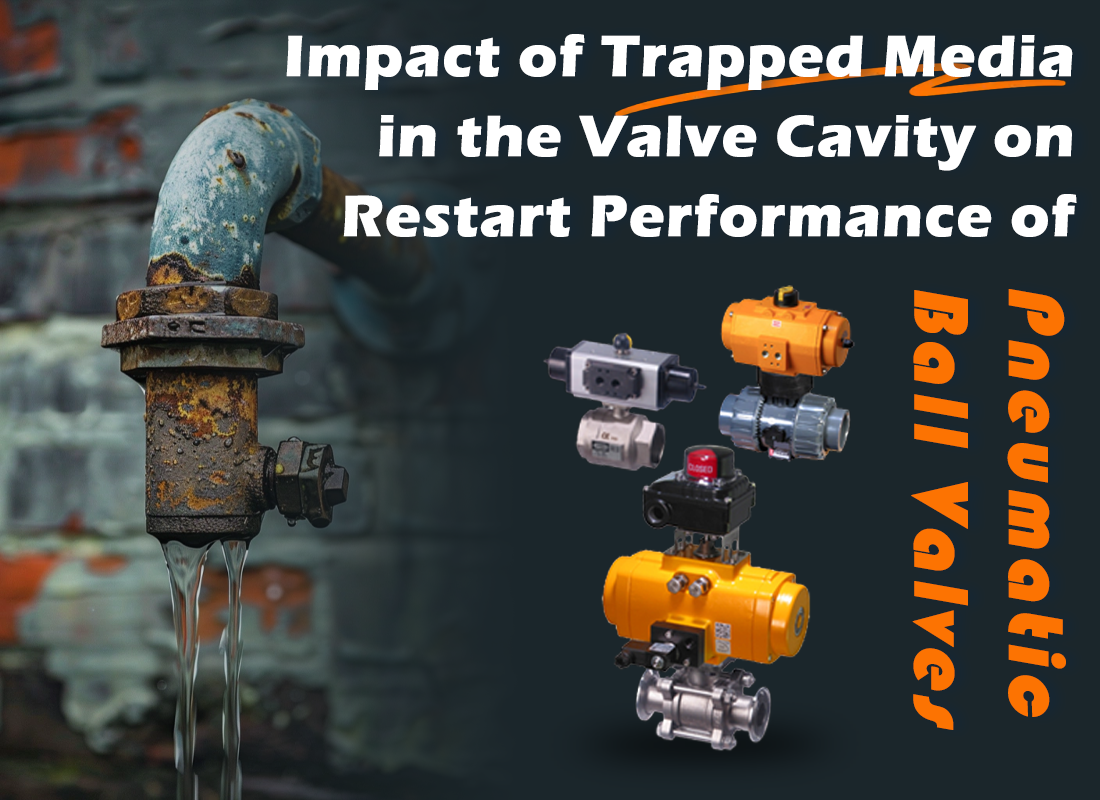 Impact of Trapped Media in the Valve Cavity on Restart Performance of Pneumatic Ball Valves
Impact of Trapped Media in the Valve Cavity on Restart Performance of Pneumatic Ball Valves
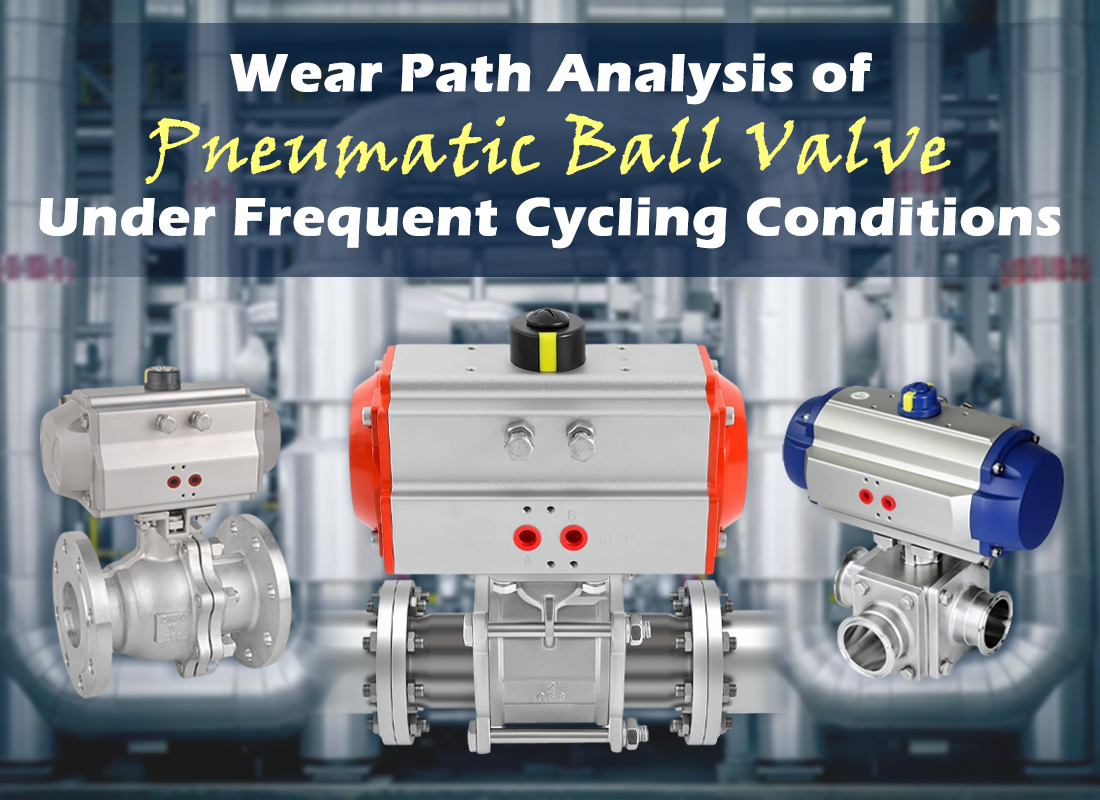 Wear Path Analysis of Pneumatic Ball Valve Under Frequent Cycling Conditions
Wear Path Analysis of Pneumatic Ball Valve Under Frequent Cycling Conditions
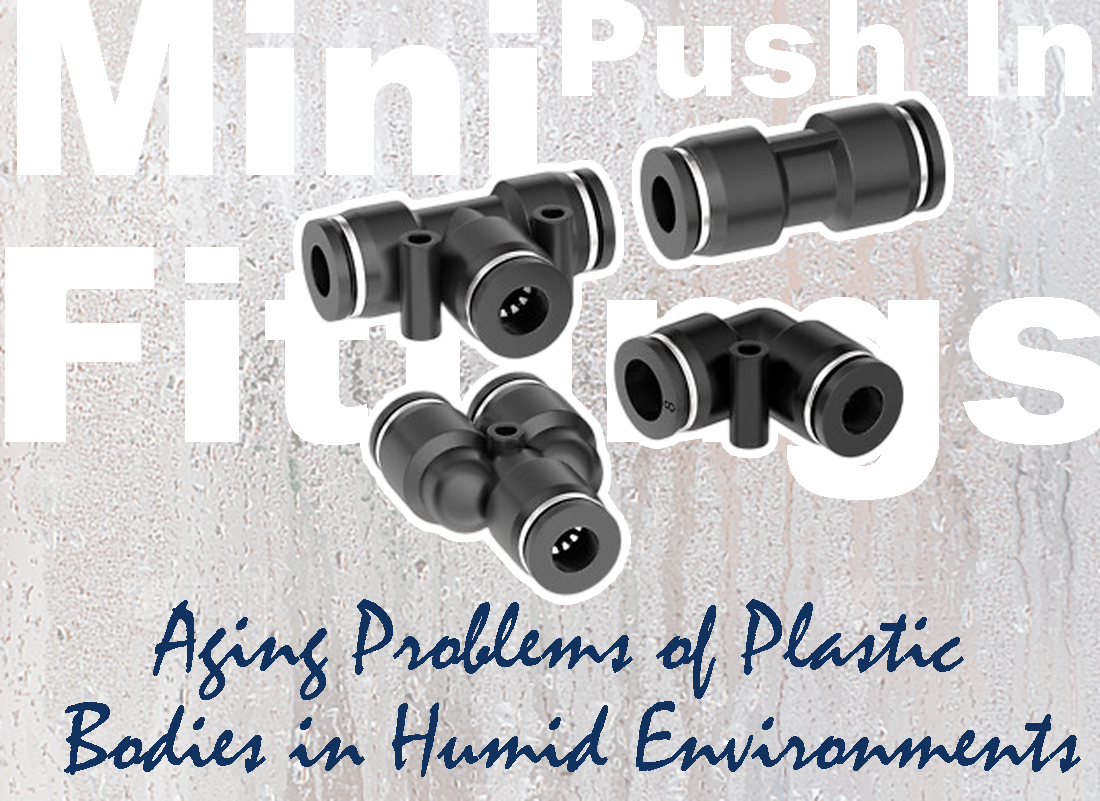 Mini Push In Fittings: Aging Problems of Plastic Bodies in Humid Environments
Mini Push In Fittings: Aging Problems of Plastic Bodies in Humid Environments
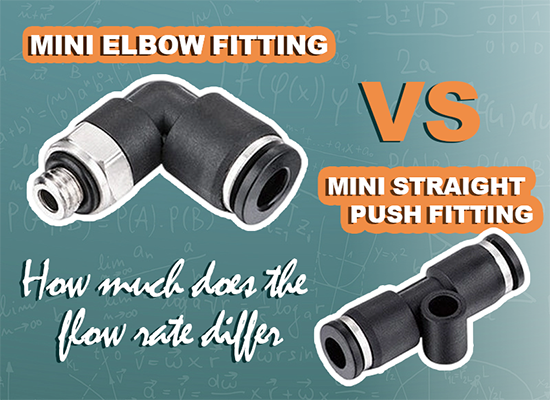 Mini Type Pneumatic Push In Fittings: Flow Difference Between Straight and Elbow Designs
Mini Type Pneumatic Push In Fittings: Flow Difference Between Straight and Elbow Designs
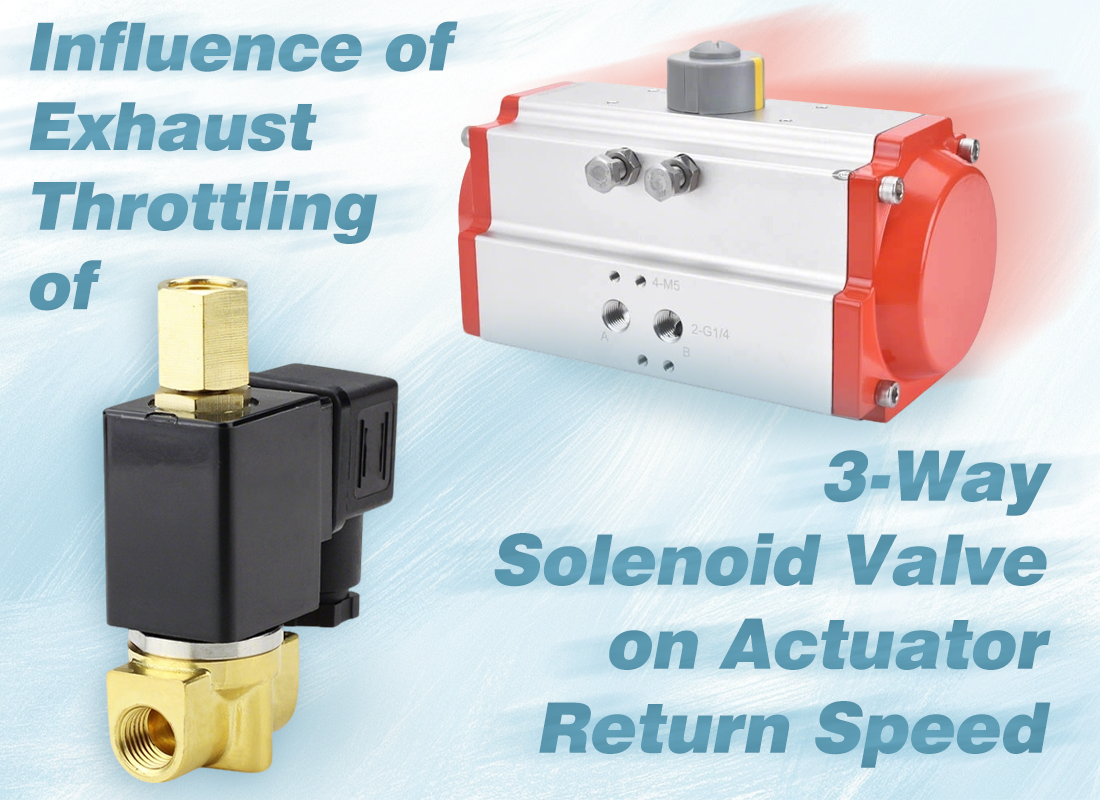 Influence of Exhaust Throttling of 3-Way Solenoid Valve on Actuator Return Speed
Influence of Exhaust Throttling of 3-Way Solenoid Valve on Actuator Return Speed
You May Interest In

Dec 02, 2025 Blog
How to clean a pneumatic solenoid valve?
Dec 01, 2025 Blog
How to Wire and Install a Pneumatic Solenoid Valve?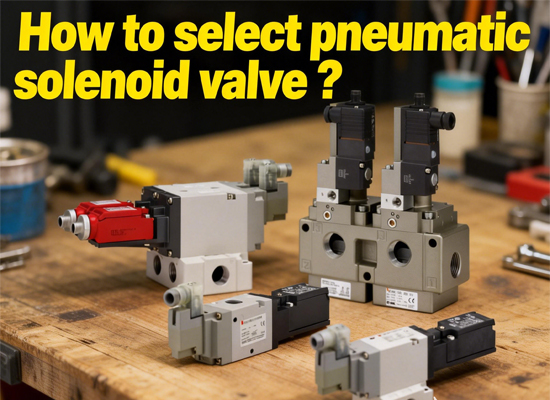
Nov 30, 2025 Blog
How to select pneumatic solenoid valve?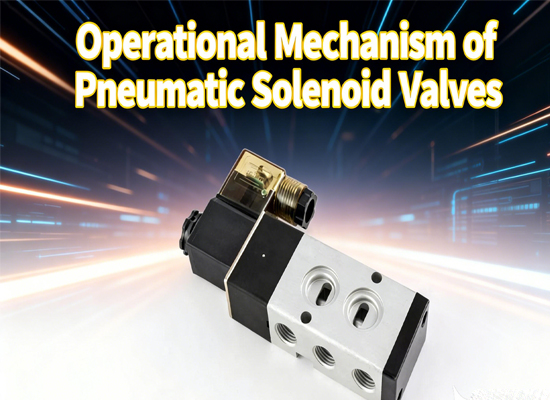
Nov 29, 2025 Blog
Operational Mechanism of Pneumatic Solenoid Valves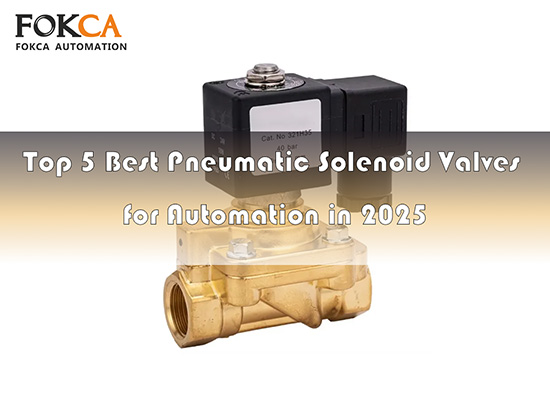
Links: www.fescolo.com(Pneumatic)
FOKCA ©1998-2025 All Rights Reserved Sitemap